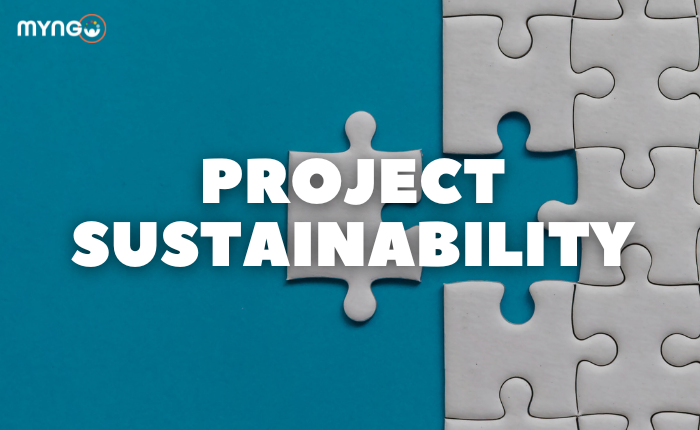
Sustainability is a key aspect of successful Erasmus+ projects. This lesson will explore strategies for ensuring the sustainability of your project, including building long-term partnerships, securing additional funding, and disseminating project results.
Building Long-Term Partnerships
- Continued Collaboration: Explore opportunities for continued collaboration with partners beyond the initial project period. This can include new projects, joint initiatives, and ongoing support.
- Formal Agreements: Establish formal agreements or partnerships that outline long-term collaboration plans and commitments.
Securing Additional Funding
- Diversified Funding Sources: Identify and pursue additional funding sources, such as grants, sponsorships, and donations, to support project sustainability.
- Fundraising and Sponsorship: Develop fundraising and sponsorship strategies to secure financial support from individuals, businesses, and organizations.
Disseminating Project Results
- Dissemination Plan: Develop a comprehensive dissemination plan to share project results with a wider audience. This can include presentations, publications, social media, and events.
- Showcasing Success: Highlight the success stories and positive impacts of your project through testimonials, case studies, and visual materials.
- Engaging Stakeholders: Engage stakeholders, including policymakers, community leaders, and other organizations, to promote the adoption and sustainability of project outcomes.
Building and managing effective partnerships and collaborations are crucial for the success and sustainability of Erasmus+ projects. By following the guidance provided in this module, your organization can establish strong partnerships, manage collaborations effectively, and ensure the long-term impact of your projects.
In the next module, we will focus on monitoring, evaluation, and reporting, providing detailed guidance on how to track progress, measure impact, and report on your project’s achievements.